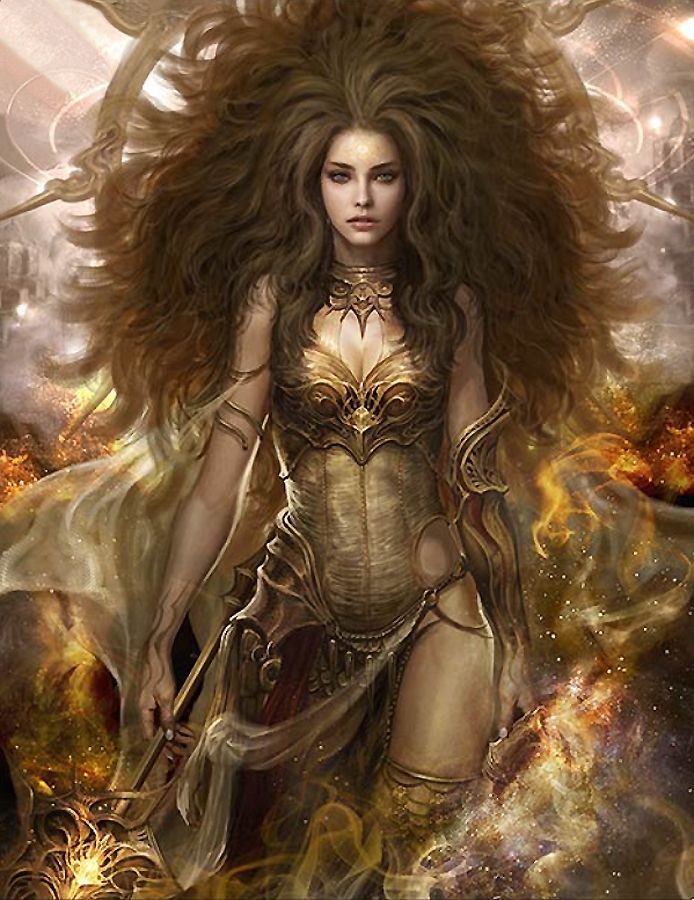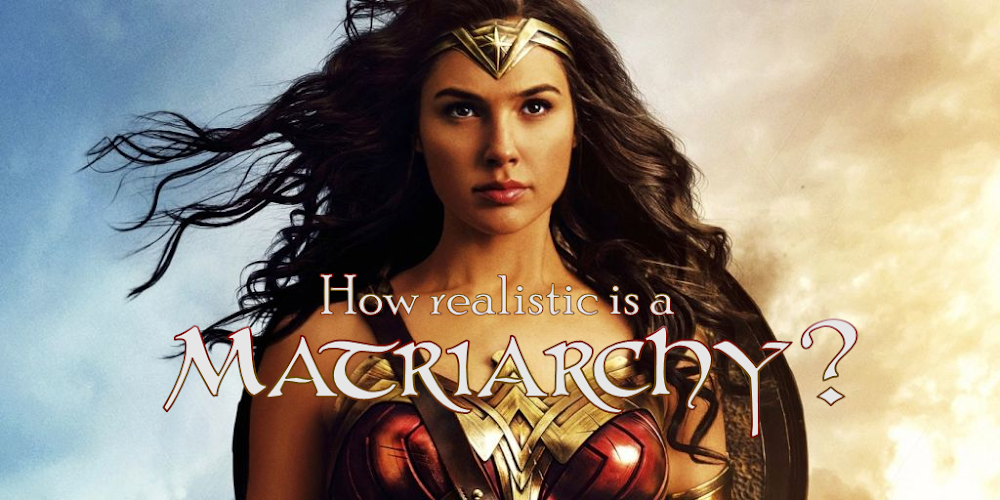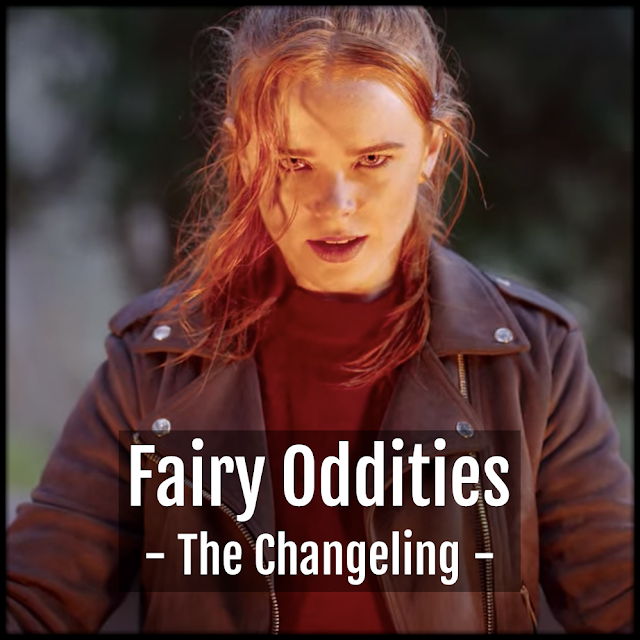Behind the Scalpel #4 The risks of a flawed MC
Hey there, traveler!
It’s Wednesday again, and as custom, our favorite penguin slashing up imaginary concepts for a living is back with another tale to tell. This episode is mostly about our WIP, but it concerns a pretty slippery topic we encountered – what is the cost of a flawed main character.
There are a lot of people boldly proclaiming that they like to read about not-so-perfect, flawed, and fallible characters, but is it true? Is there a place for a point of view character to start out in a miserable or even evil state without losing the reader’s sympathy?
I want to nail down some points first. By „flawed” I don’t mean antihero, nor villain. Those are entirely different tropes and they have huge fanbases (just think about Artemis Fowl and the recent uproar when the movie changed his villain status or Jorg Ancrath from Prince of Thorns), but people have a different take on these characters. Villains and antiheroes are expected to be cruel, uncaring, narcissist, and overly confident, because that what makes them fun to read about.
But what happens when you fall between the hero-antihero spectrum – like most people in reality?
Let’s talk specifics and meet our wonderful main character, Zaira. I’ll try to give as much detail as possible without going into spoilers for the book, so I won’t reveal plot-points or that sort of thing, only if it serves as teasing you (because I’m a horrible bastard).

(Source: Legend of the Cryptids - Sun Goddess Amasol )
Zaira is a djinn, a mythical creature from legends, one of four distinct spirit tribes capable of manipulating the elements – but she isn’t. She’s trapped inside a human body and her power of controlling the wind is suppressed as punishment. What our girl did is not obvious at first as she’s reluctant to talk about it to humans, but every waking moment is filled with the crushing reality that she could be so much more. She was so much more. The simple life of a human is dull and boring in comparison, so she’s not too keen on exploring it. She’s like a prisoner sentenced for many many years to a tiny cell after an adventurous life, so she’s kind of melancholic. She’s given up, she has no power, she has a body that shackles her to the ground and there’s no way this life could be fun or interesting.
That’s how we start, at rock bottom. Thankfully the plot starts from page one, forcing our girl out of her hedonism, but as anyone who tried to take a depressed person out to town could tell you, she’s not very appreciative of it. She was content with spending her unending days smoking hookah and contemplating her sorrow, but she can’t and she’s pissed about it. She’s enerved, reluctant, and tries to find the easy way out, if not for another main character. This can seem like she’s unbearable as a character, but that’s a concept. The whole story is about Zaira exploring her opportunities as a human, without the magic she lost and finding joy and love in a world she thought of as a prison. But that growth can only show if she starts as a flawed, not very kind, and even less proactive character.
We wrote the first draft in our native tongue and sent it to some friends to beta (or alpha?) read, and there was a surprising amount of disdain for Zaira. That meant we achieved the first goal (setting her up as a melancholic, cynical character at the start) but there was always a chance people will hate her so much they won’t wait for the character growth. Thankfully, there was a saving grace – the aforementioned other main character, Ezair.

(Source: Prince of Persia 2008)
Ezair is the polar opposite of Zaira. He’s as human as one could be, he’s capable as a swordsman, has an energetic and cheery nature, and refuses to stop, give up or choose the easier route. Since the plot forces the two to work together, they have to make some compromises and as such, they can learn from each other. Zaira starts to see the positive in Ezair’s hot-headed approach to life, while the numbness she got used to slowly lifts from her thoughts and she shows a caring nature, a sharp tongue, and a really creative problem-solving mind. That dynamic between the two main characters gives way for the readers to route for someone from the very beginning – if not for the soppy Zaira, then the charismatic and charming Ezair, then at the end of the story, they can look back and see the journey these characters took.
That’s my wisdom, for now, you should definitely, definitely do it the same, no originality, follow the rules! On a more serious note, I’d love to hear how do you guys and gals feel about flawed and unlikeable characters as the point of view. Do you think our method can work? Or do you think there’s no redemption for a melancholic, brooding character no matter the fluff?
Take care, travelers!
Dar




Comments
Post a Comment